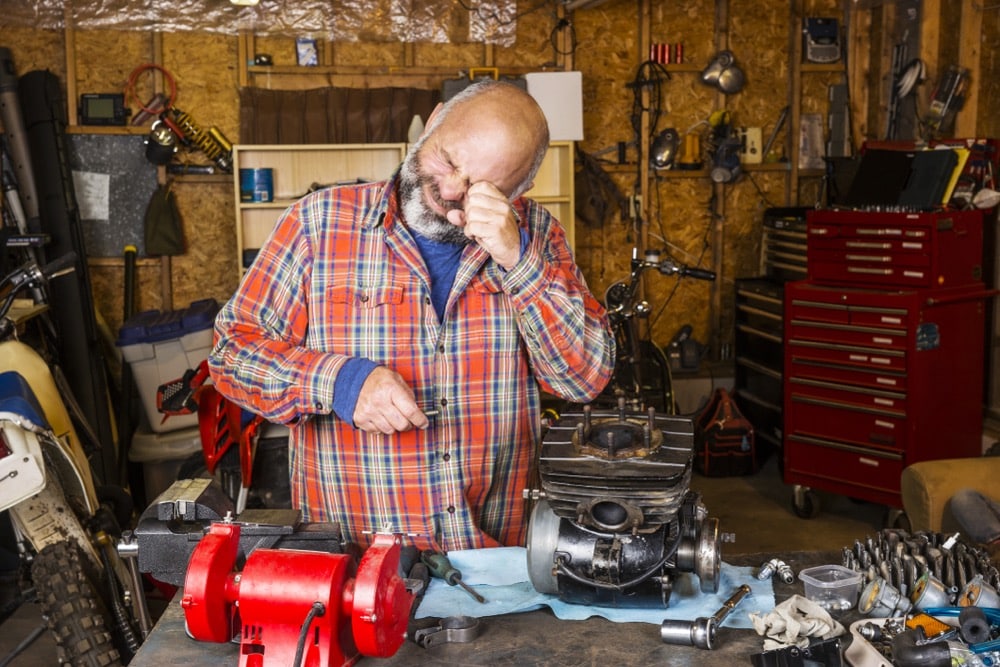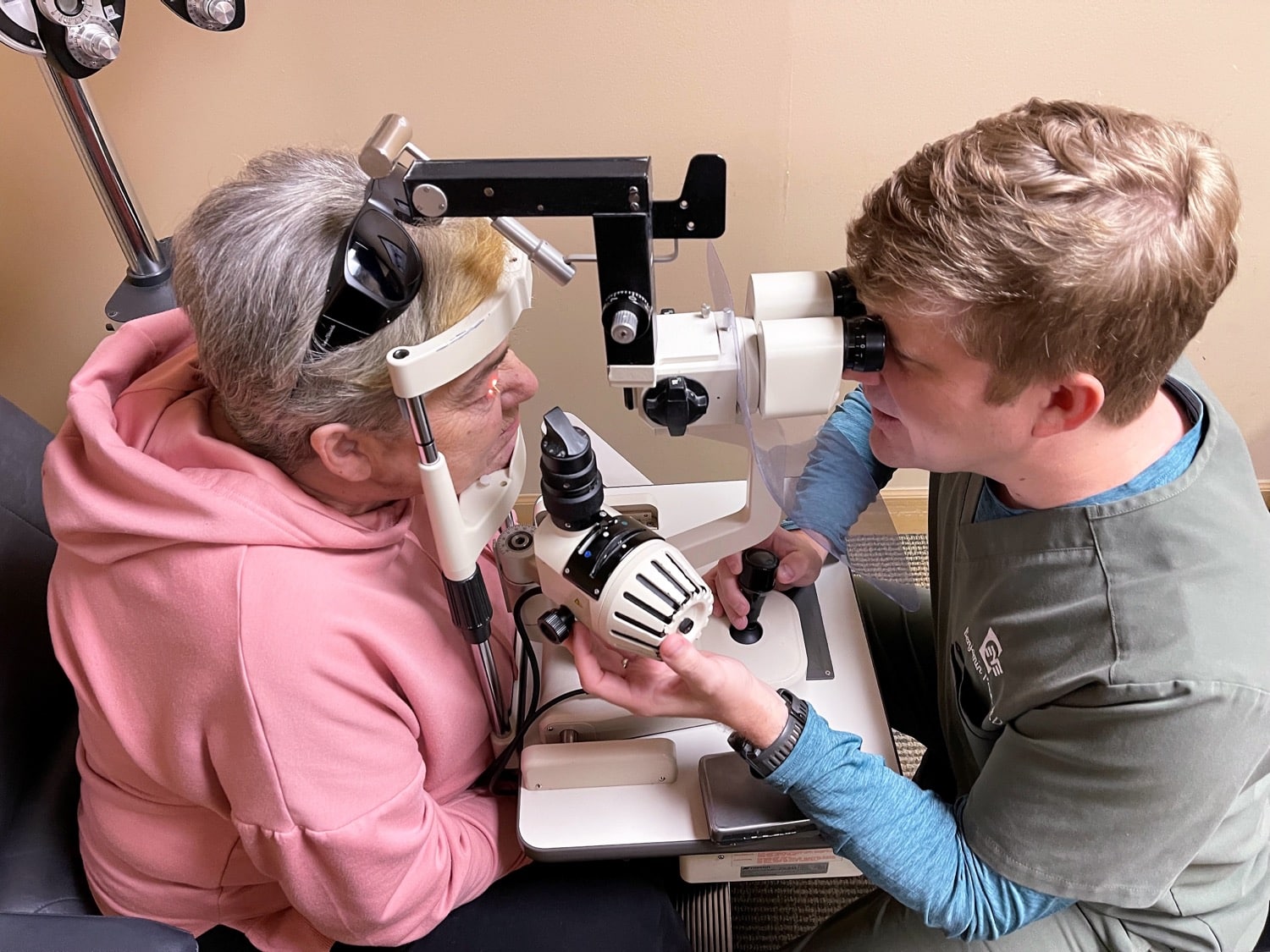
$300 million: That’s the estimated economic impact each year of on-the-job eye injuries.
Employers bear the brunt of these costs in medical treatment, lost time and productivity. But workers may also pay a price—in pain, debilitation and even potential visual impairment.
And, the most staggering statistic of all? According to many frontline eye care providers, ninety percent of these injuries are preventable.
“Most work-related eye injuries are caused by flying debris within the work environment,” say Dr. Ben Pace, eye surgeon with Hattiesburg Eye Clinic. “You can easily prevent these and other occurrences by following common sense eye safety practices.”
March is Workplace Eye Safety Awareness Month, an annual campaign sponsored by the American Academy of Ophthalmologists to put the spotlight on the risk of eye injuries on the job. Here are 4 tips from Dr. Pace on how to best reduce the impact of occupational eye injury.
Practice safety. Your company’s eye safety guidelines aren’t there to make your job harder—following them greatly reduces your risk of injury, especially in hazardous work environments. “Safety is the #1 thing you should be most cognizant of,” says Dr. Pace. “If you’re in a workplace with the possibility of flying debris—metal, wood, plastic—then it’s crucial you follow good safety practices.”
The top practice: Wear appropriate eye protection. In most cases, the best protection is a pair of safety glasses or goggles with high impact lenses. For added protection, make sure your safety eyewear has lateral shields to prevent debris from flying into your eyes from the sides.
Break up screen time. Your eyes are relatively safe from the aforementioned hazards if you work in an office setting. Even so, spending your day in front of a computer screen could lead to issues related to overall eye comfort.
“Prolonged screen-time, particularly with up-close work, can cause eye strain, dry eyes, and possibly headaches,” says Dr. Pace. “Even though these don’t pose any significant danger to your eyesight, it can cause discomfort during and after work.”
To give your eyes a rest and minimize strain, Dr. Pace recommends taking a break from electronic displays every half hour, then look off in the distance roughly thirty feet for about thirty seconds.
Protect your eyes outdoors. Many workers spend the majority of their time in the great outdoors. Although it can be refreshing to be out in nature, Dr. Pace says prolonged sunlight exposure increases your risk for certain eye conditions later in life. “Over time, the ultraviolet rays of the sun can damage your eyes, accelerate the formation of cataracts, or make you more susceptible to macular degeneration.”
As with debris-filled workshops, the solution is protective eyewear—in this case, polarized sunglasses to minimize not only glare but harmful UV rays. Be sure the sunglasses you use are specifically labeled to reduce both A and B UV rays.

Be prepared for emergencies. Although you’re far less likely to have an eye injury if you follow proper safety protocols, accidents can still happen. In that rare event, quick action could help reduce damage to your eyesight.
“If you encounter debris or chemicals in your eyes, flush them out for several minutes with sterile water, if you have it, or at least some form of clean water,” says Dr. Pace. “Don’t use any other solutions—just clean water.”
Dr. Pace also advises seeing an eye doctor as soon as possible after an incident. “I’ve seen workers wait to see if their eyes get better. But that waiting could make it harder to deal with any subsequent infection, or even lead to scarring that could impede vision. In any case, you should have an eye doctor check your eyes as soon as possible after an incident.”
Your eyesight plays an important role in your work, whatever you do. Be sure you’re protecting your eyes by taking proper safety precautions and acting quickly after an accident.
To find more about protecting your eyesight visit us at our website. To learn more about how Hattiesburg Eye Clinic can improve your vision health, call 601-268-5910 (or toll-free 800-624-8254) or schedule a consultation with us at www.hattiesburgeyeclinic.com/contact-us/


